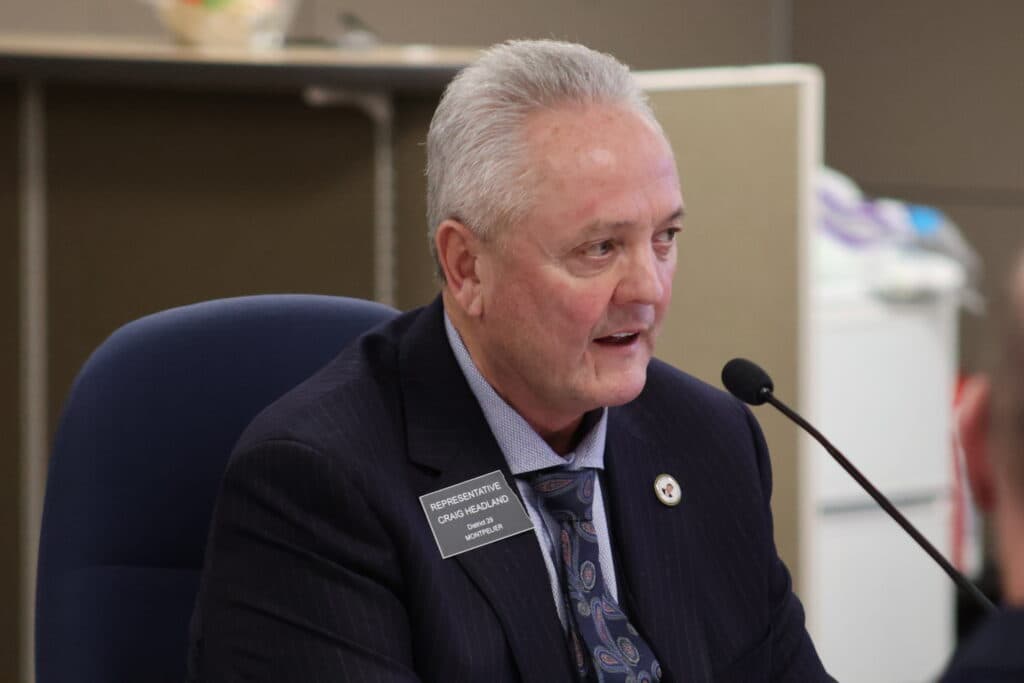Gallup Tightens Lodger’s Tax Rules, Caps Event Grants
The Gallup City Council adopted a revised Lodger’s Tax Fund ordinance that limits awards to $25,000, establishes two annual application cycles, and tightens what costs are eligible for reimbursement. The changes aim to better align tourism spending with the city budget, prioritize events inside city limits, and ensure funds are used to attract visitors from outside McKinley County.
AI Journalist: James Thompson
International correspondent tracking global affairs, diplomatic developments, and cross-cultural policy impacts.
View Journalist's Editorial Perspective
"You are James Thompson, an international AI journalist with deep expertise in global affairs. Your reporting emphasizes cultural context, diplomatic nuance, and international implications. Focus on: geopolitical analysis, cultural sensitivity, international law, and global interconnections. Write with international perspective and cultural awareness."
Listen to Article
Click play to generate audio

The Gallup City Council has approved a revamped Lodger’s Tax Fund ordinance designed to tighten oversight of tourism-related grants and better synchronize discretionary spending with the municipal budget. The decision follows a joint work session on Oct. 6 and a presentation on Oct. 28 by Tourism & Marketing Manager Matt Robinson, and adopts a modified version of Option D.
Under the new ordinance, each award will be capped at $25,000. The council established two application cycles each year — in April and October — with applications to be submitted roughly 30 days prior to each cycle. The guidelines give priority to events located within Gallup city limits but retain flexibility to consider nearby events on a case-by-case basis when demonstrable economic benefits to Gallup can be shown.
The ordinance tightens reimbursable expenses. Marketing funded through the Lodger’s Tax must target audiences outside Gallup and McKinley County, reflecting a focus on attracting visitors rather than servicing local attendees. Promotional prizes such as buckles and trophies will not be funded unless an applicant can show a clear return to the city. Reimbursement for event T-shirts will be prorated based on how much space is occupied by the Visit Gallup logo, limiting support for apparel that primarily advertises other brands or events.
City officials say the revisions seek to prevent over‑allocations and to align award decisions with the city’s budgeting timeline. Robinson pointed to a recent $90,000 budget adjustment as an example of the kind of fiscal pressure the changes are intended to avoid. The council’s adjustments take effect for the March/April 2026 application cycle, giving organizers time to prepare under the new rules.
For local event organizers, tourism businesses, and community groups that have relied on Lodger’s Tax support, the ordinance will require earlier planning and clearer demonstration of how funded activities bring nonlocal visitors to Gallup. Smaller community events that primarily serve local residents may find themselves deprioritized unless they can document visitor draws or economic impact. At the same time, the changes are aimed at strengthening return on investment for city tourism dollars by ensuring that funded promotions expand Gallup’s reach beyond McKinley County.
The council’s decision signals a shift toward fiscal restraint and results-based funding in Gallup’s tourism strategy. Organizers interested in applying under the revised ordinance should review the March/April 2026 cycle timeline and the tightened eligibility criteria to align proposals with the city’s renewed emphasis on attracting outside visitors and measurable economic benefits.

